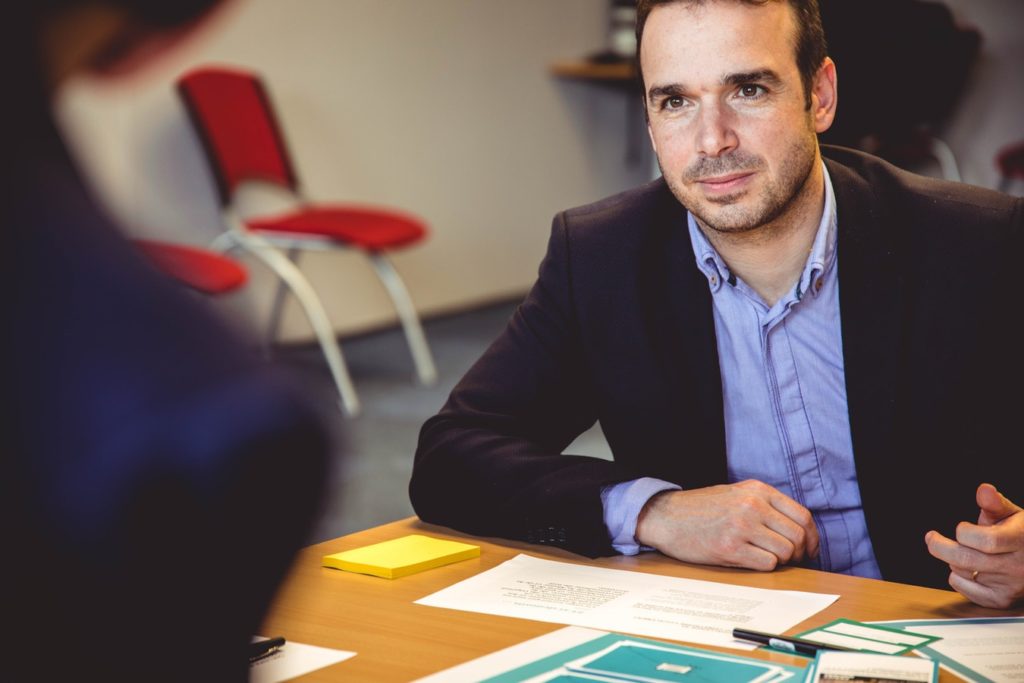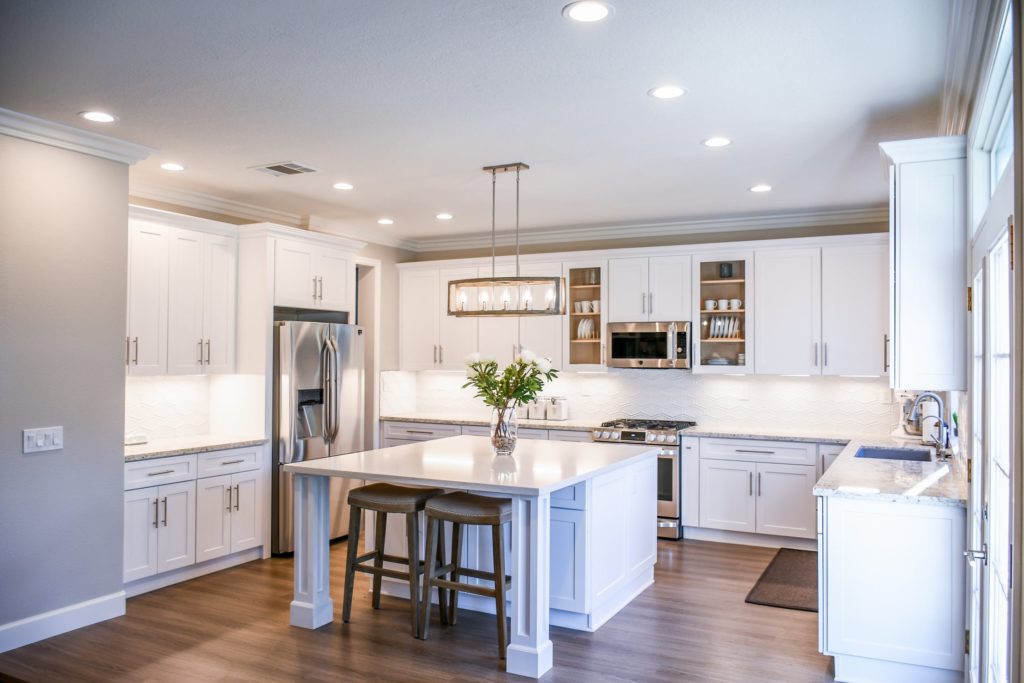Located against the backdrop of sprawling desert landscapes, Tucson homeowners are increasingly drawn to sustainable living practices that reflect their reverence for the natural world surrounding them. The shift toward eco-friendly home upgrades is not just a nod to environmental responsibility but also a practical approach to modern living, offering ways to reduce energy costs, conserve water, and create healthier living spaces. As the sun-drenched days illuminate the need for sustainable living, practical home upgrades become essential tools in the arsenal of the environmentally conscious homeowner.
Solar Panel Installation
Solar panel installation stands out as a logical first step for Tucson residents looking to reduce their environmental footprint. This upgrade harnesses the abundant solar energy, converting it into clean, renewable power for the home. The benefits extend beyond environmental conservation, offering homeowners significant savings on electricity bills and increasing property value, making it a key feature of sustainable home improvement in the region.
Energy-Efficient Windows
The intense Tucson sun can test even the most robust cooling systems, but energy-efficient windows offer a formidable defense. These windows are designed to minimize heat transfer, keeping the harsh summer heat at bay and retaining warmth during the cooler desert nights. By upgrading to energy-efficient windows, homeowners can significantly reduce their reliance on air conditioning and heating systems, leading to lower energy consumption and enhanced indoor comfort throughout the year.
Water-Saving Bathroom Fixtures
Water is a precious resource, making conservation a priority in every household. Opting for water-saving bathroom fixtures, such as low-flow toilets, faucets, and showerheads, can dramatically reduce water usage. For those considering a bathroom remodel, working with a Tucson tub to shower conversion company to install a low-flow shower system can further enhance water efficiency. These simple changes not only contribute to the region’s water conservation efforts but also offer homeowners savings on their water bills.
LED Lighting
Replacing incandescent bulbs with LED lighting is a quick and cost-effective upgrade that packs a punch in terms of energy conservation. LED bulbs are far more energy-efficient, reducing the home’s electricity consumption and lowering utility bills. Additionally, their longer lifespan means fewer replacements, cutting down on waste and offering a sustainable lighting solution that doesn’t sacrifice brightness or quality.
Programmable Thermostat
The installation of a programmable thermostat represents a mix of convenience and conservation. These devices allow homeowners to set their heating and cooling systems to operate only when needed, avoiding energy waste and providing optimal indoor comfort. With the capability to adjust settings remotely or according to a set schedule, programmable thermostats are an essential tool for managing energy use efficiently in the home.
Drought-Tolerant Landscaping
Tucson’s desert climate calls for landscaping that thrives with minimal water use. Drought-tolerant landscaping, or xeriscaping, utilizes native plants and sustainable gardening practices to create beautiful outdoor spaces that require little to no irrigation. This approach conserves water and also supports local biodiversity, providing a habitat for native wildlife and reducing the need for chemical fertilizers and pesticides.
Rainwater Harvesting Systems
In arid climates, where every drop of water is precious, rainwater harvesting systems emerge as a vital component of sustainable living. By capturing rainwater for landscaping, gardening, and other non-potable uses, homeowners can significantly reduce their reliance on municipal water supplies. This not only conserves an invaluable resource but also reduces stormwater runoff, mitigating erosion and pollution in the local watershed.
Green Roofing or Cool Roofing
The choice of roofing material plays a crucial role in a home’s energy efficiency. Green roofing, covered with vegetation, acts as a natural insulator, reducing cooling needs by absorbing heat. Alternatively, cool roofing reflects more sunlight and absorbs less heat than standard roofing materials, significantly lowering roof temperatures. Both options contribute to reducing the urban heat island effect, making them not only beneficial for the individual homeowner but also for the community at large by promoting a cooler and more sustainable urban environment.
Insulation Upgrades
Proper insulation is the unsung hero of energy-efficient homes, particularly in regions experiencing extreme temperatures. Upgrading insulation in walls, attics, and floors ensures that indoor temperatures remain stable, reducing the need for heating in winter and cooling in summer. This upgrade is a long-term investment in sustainability, offering significant energy savings and enhancing indoor comfort. By minimizing the energy required to heat and cool their homes, homeowners can contribute to a substantial reduction in greenhouse gas emissions.
Smart Home Devices
The integration of smart home devices into the fabric of daily life offers a seamless way to enhance energy efficiency. Devices such as smart plugs, energy monitors, and automated lighting systems allow homeowners to control their energy use with unprecedented precision. By providing real-time feedback and the ability to adjust consumption patterns, these technologies empower individuals to make informed decisions about their energy use, fostering a culture of sustainability and mindfulness towards resource consumption.
Eco-Friendly Flooring
Choosing flooring materials might seem unrelated to environmental sustainability, but the selection of eco-friendly options like bamboo, cork, or reclaimed wood has a profound impact. These materials are not only sustainable but also contribute to healthier indoor air quality by minimizing the emission of volatile organic compounds (VOCs). Eco-friendly flooring combines durability, aesthetic appeal, and environmental responsibility, making it an excellent choice for homeowners looking to align their living spaces with their eco-conscious values.
Home Composting System
Implementing a home composting system tackles the issue of organic waste, turning kitchen scraps and yard waste into nutrient-rich compost for gardens. This simple yet effective practice reduces the amount of waste sent to landfills, where it would emit methane, a potent greenhouse gas. Composting not only enriches the soil, promoting healthier plant growth without synthetic fertilizers, but also embodies the principles of a circular economy, where nothing is wasted.
A Sustainable Home is Within Reach
Making your home more environmentally friendly is representative of a commitment to sustainability and a healthier planet. From water-saving practices and energy efficiency to the conscious selection of eco-friendly materials, each upgrade brings homeowners closer to achieving a living space that reflects their eco-conscious values. These practical home upgrades demonstrate that living sustainably does not require sacrifice but rather a thoughtful approach to how we design and inhabit our spaces. By adopting these strategies, homeowners can enjoy the benefits of an eco-friendly lifestyle, contributing to a more sustainable future for Tucson and beyond.




